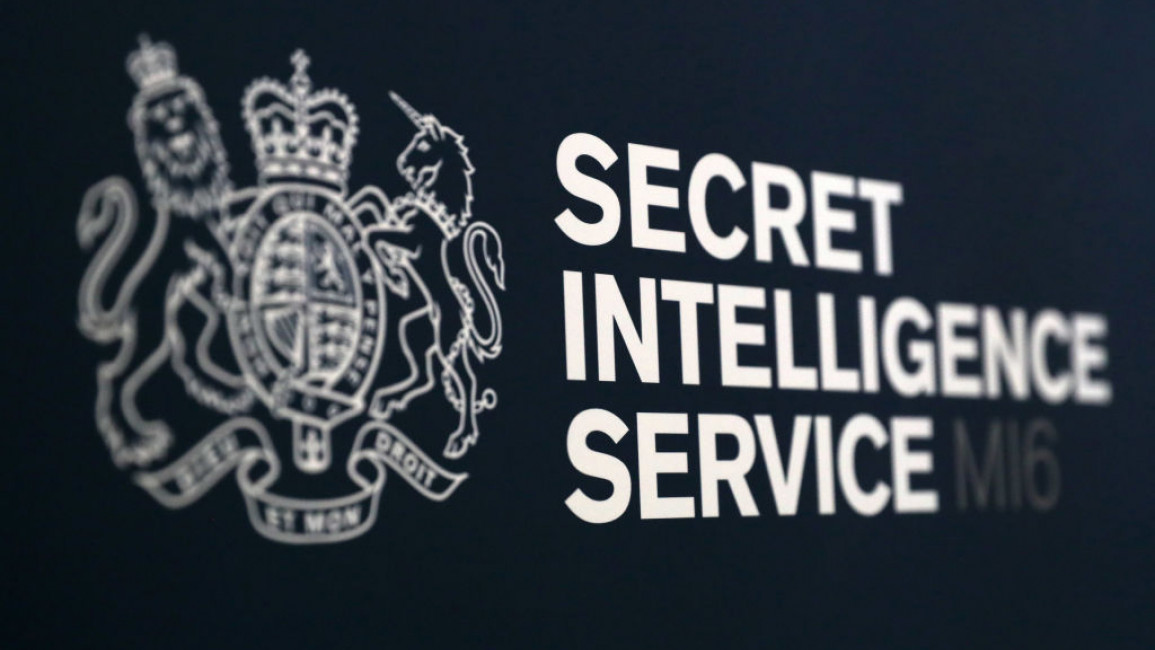MI6 chief 'doesn't think' Iran Supreme Leader Khamenei wants nuclear deal
Britain's spy chief voiced doubt on Thursday on reviving a landmark 2015 nuclear accord with Iran, saying Supreme Leader Ayatollah Ali Khamenei remained opposed despite marathon diplomacy with the United States.
"If we can get a deal it's probably the best means still available to constrain the Iranian nuclear programme. I'm not convinced we're going to get there," MI6 chief Richard Moore told the Aspen Security Forum.
"I don't think the supreme leader of Iran wants to cut a deal. The Iranians won't want to end the talks either so they could run on for a bit," he said in a live interview in the US state of Colorado, in what was billed as his first public speaking appearance abroad.
President Joe Biden has backed reviving the 2015 agreement which was negotiated under former US leader Barack Obama and trashed three years later by Donald Trump.
But indirect talks brokered by the European Union in Vienna have dragged on, in part over the US rejection of Iranian demands to reverse Trump's blacklisting of the powerful Revolutionary Guards as a terrorist group.
"I think the deal is absolutely on the table. And the European powers and the administration here are very, very clear on that. And I don't think that the Chinese and Russians on this issue would block it. But I don't think the Iranians want it," Moore said.
Britain, China, France, Germany and Russia were all parties to the deal, formally known as the Joint Comprehensive Plan of Action, under which Iran drastically scaled back nuclear work in exchange for promises of sanctions relief.
Iran remains technically in the accord but moved out of compliance in retaliation for Trump's re-imposition of sweeping sanctions, including a unilateral ban on Iran selling its oil.
Khamenei, who has led the Shia Muslim clerical state since 1989, is known for his hostility toward the United States, a central tenet of the Islamic Revolution a decade earlier that toppled the Western-oriented shah.
He had reluctantly backed negotiators under the reformist government of president Hassan Rouhani who reached the deal in 2015, but Trump's withdrawal and re-imposition of sweeping sanctions on Iran were seen by hardliners as confirmation of US ill intent.
'Plenty of work for my service'
The Biden administration has refused to declare the deal dead, saying Iran still has a chance to return and enjoy the economic benefits.
Iran says US policy on nuclear deal 'contradictory'https://t.co/FLlU0183YI
— The New Arab (@The_NewArab) July 12, 2022
Israel, Tehran's arch-enemy, has stepped up a campaign of sabotage that is widely believed to have included assassinations of nuclear scientists on Iranian soil.
Moore alluded to Western intelligence's operations in Iran as he criticised Tehran's support for militant movements in Iraq, Syria and Yemen.
"Even if we do the deal, by the way, there's still plenty of work for my service to do because of what they're up to in terms of destabilising activity around their region," Moore said.
CIA chief Bill Burns, who as a senior US diplomat helped negotiate the 2015 accord, said that the "breakout time" – how long Iran needs to develop a bomb if it so chooses – was now "weeks" rather than more than a year before Trump's withdrawal.
"Our best intelligence judgment is that the Iranians have not resumed the [nuclear] weaponisation effort that they had underway up until 2004," Burns told the conference in the Rocky Mountains on Wednesday.
"But the trendlines are quite troubling."



